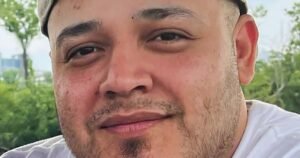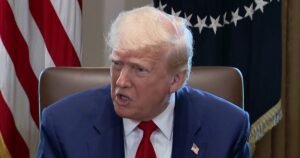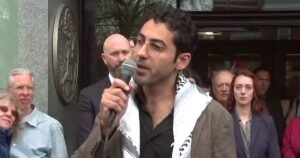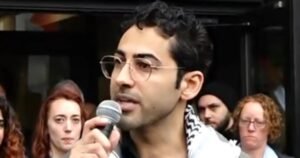Pope Francis dies at age 88
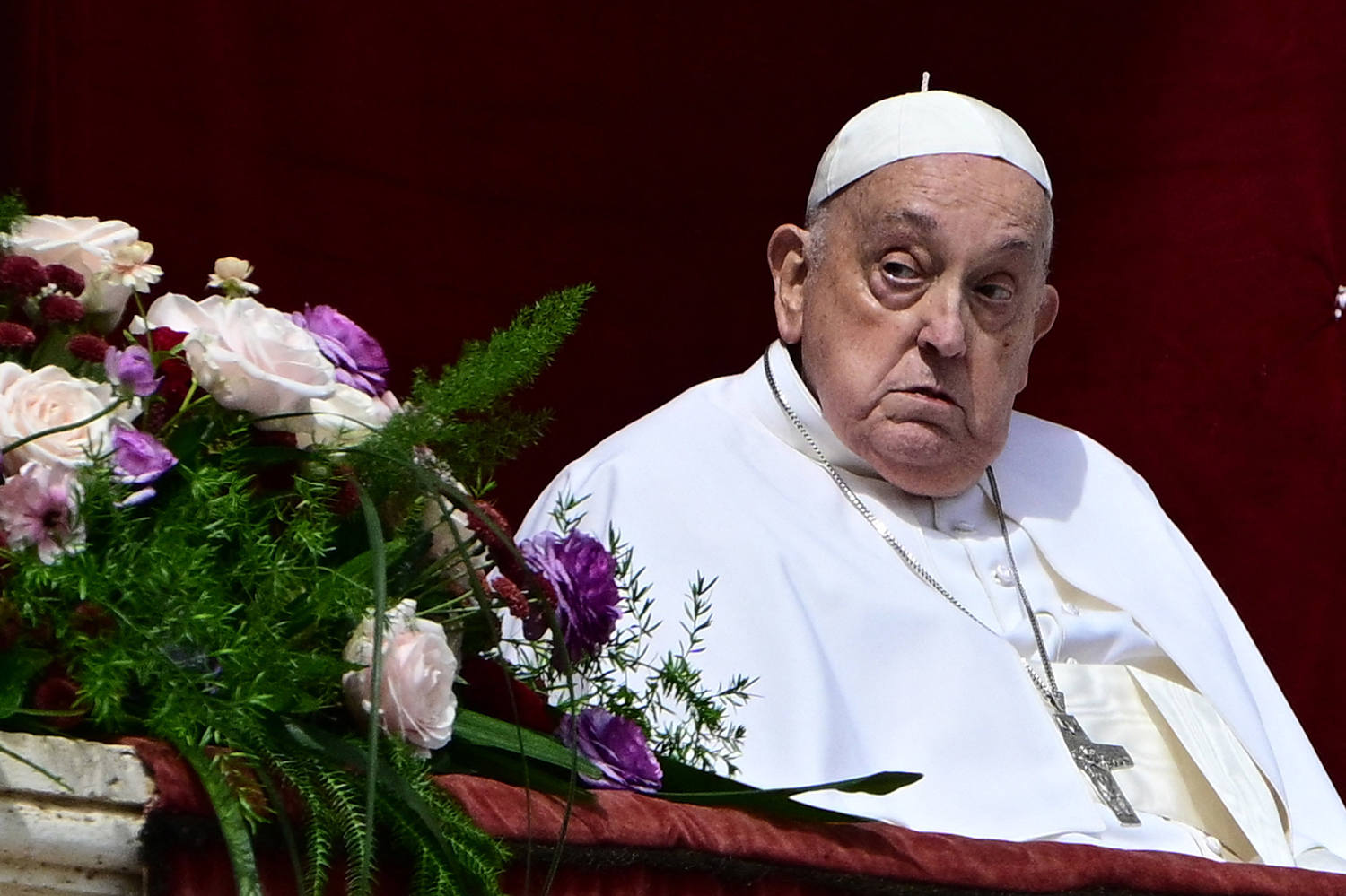
The son of Italian emigrants to Argentina, Francis was born Jorge Mario Bergoglio in Buenos Aires on Dec. 17, 1936.
As a young man, Bergoglio worked as a bouncer and a janitor, and trained as a chemist and a food technician before being ordained a Jesuit priest in 1969.
He rose through the ranks in Argentina and in 1998 was appointed head of the archdiocese. In 2001, Pope John Paul II named him to the Sacred College of Cardinals, which elects new popes.
In 2013, Francis succeeded retired Pope Benedict XVI as the 266th pontiff, becoming the first Jesuit and non-European to hold the church’s highest office in more than 1,000 years, leading more than 1 billion Catholics around the globe.
Francis took the reins of a church tarnished by the clerical sex abuse crisis and financial scandals, and reeling from the abrupt resignation of Benedict, the first pontiff to step down in 700 years.
Instead of following in the footsteps of Benedict, a strict conservative, Francis angered many traditionalists by reaching out to gay and lesbian people, and trying to shake up the church bureaucracy.
In 2015, he became only the third pope to visit the White House and the first to address Congress, where he urged lawmakers to tackle climate change, a theme he returned to often.
In December 2023, Francis announced a radical change in Vatican policy by allowing priests to bless same-sex couples, alienating many Catholics, including in the United States.
He took on the church’s sprawling clerical child sexual abuse crisis by issuing the most extensive revision to the church’s laws in four decades, and insisted that bishops take action against clerics who sexually abuse minors and vulnerable adults.
But he did not do enough for many victims of abuse and their families. In 2019, advocates criticized Francis’ mandate that priests and nuns report clerical sex abuse to their superiors, instead of notifying law enforcement.
Francis also faced stiff resistance from archconservative American clerics when he urged people to get vaccinated against Covid. He also found himself being accused of heresy for, among other things, softening the ban on giving Communion to divorced and civilly remarried Catholics.
Still, like his predecessors, Francis also held conservative clerical values. He was against abortion, saying the procedure was like “hiring a hit man to solve a problem.” He was also in favor of clerical celibacy and was opposed to ordaining women, although he was open to giving them a greater role in running the church.
You may be interested

Paige Spiranac reveals a ‘crush’ on PGA star
new admin - May 01, 2025[ad_1] NEWYou can now listen to Fox News articles! Xander Schauffele apparently had a chance with Paige Spiranac, but he…

Looking back at the fall of Saigon 50 years later
new admin - May 01, 2025Looking back at the fall of Saigon 50 years later - CBS News Watch CBS News CBS News revisits the…

Fortnite is coming back to iOS in the US
new admin - May 01, 2025Following a court order that blocks Apple from taking a commission on purchases made outside the App Store, Epic Games…



